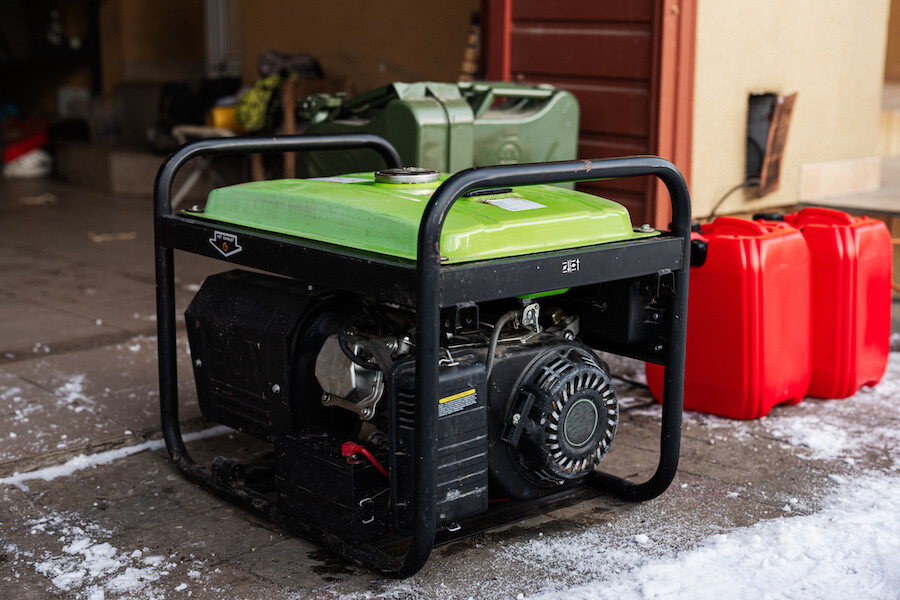When the power goes out, and you’re left in the dark, a generator can save the day. However, before firing up these powerful machines, remember that generators, while helpful, require careful use and caution. Neglecting safety can lead to serious health hazards and even death.
Carbon Monoxide: The Silent Killer
One of the biggest threats posed by generators is carbon monoxide (CO), a colorless, odorless gas produced by combustion. Inhaling CO can be deadly. It silently sneaks into your home through open windows or doorways, replacing oxygen in your bloodstream and robbing your body of vital energy.
Safety Tips:
-
Never run a generator indoors, in garages, basements, or any enclosed space.
-
Place the generator at least 20 feet away from your house, downwind if possible.
-
Install battery-powered carbon monoxide detectors in your home, near bedrooms and living areas.
-
Test your CO detectors monthly and replace batteries regularly.
-
If you experience dizziness, headache, nausea, or weakness, seek fresh air immediately and call emergency services.
Electrocution: Shocking Dangers
Generators generate electricity, and that means potential for shock. Improper use can lead to serious injury or even death.
Safety Tips:
-
Only operate the generator on a dry, level surface.
-
Keep the generator dry and avoid running it in rain or wet conditions.
-
Do not touch the generator with wet hands.
-
Use properly grounded, heavy-duty extension cords specifically designed for outdoor use.
-
Never connect a generator directly to your home’s electrical system. This can back feed electricity to the grid, endangering utility workers and others.
Beyond the Generator: General Power Outage Precautions
While safe use of generators is important; don’t forget additional precautions while the power is out:
-
Fire Safety: Use flashlights or battery-powered lamps instead of candles. Keep fire extinguishers close at hand.
-
Food Safety: Refrigerated and frozen food may spoil quickly. Keep coolers on hand and pack them with ice to preserve perishables.
-
Medical Needs: If you rely on medical equipment requiring electricity, have a backup plan in place, such as battery-powered devices or alternative care arrangements.
-
Communication: Stay informed about the outage and potential restoration times through battery-powered radios or online sources accessible on your phone.
Remembering these safety tips and general precautions can help you navigate power outages with confidence and keep yourself and your loved ones safe. When darkness descends, let common sense and caution guide your way until the lights come back on.
Bonus Tip: Invest in a generator transfer switch installed by a qualified professional. This allows you to safely connect your generator to your home’s electrical system, providing backup power without the risk of backfeeding.
Stay safe, stay informed, and remember, even when the lights are out, knowledge is your brightest power source.
